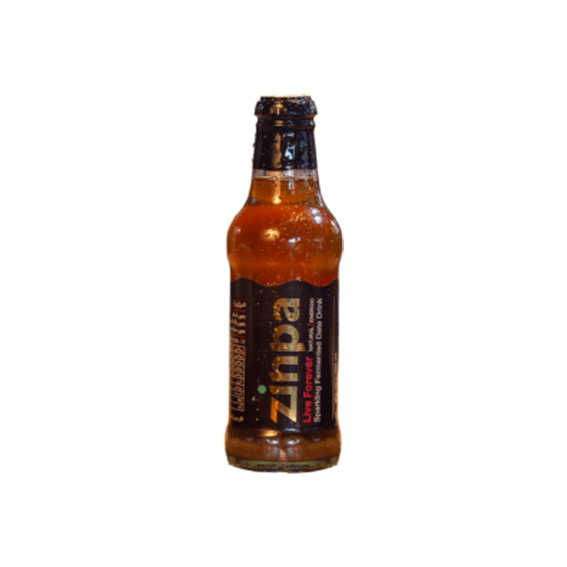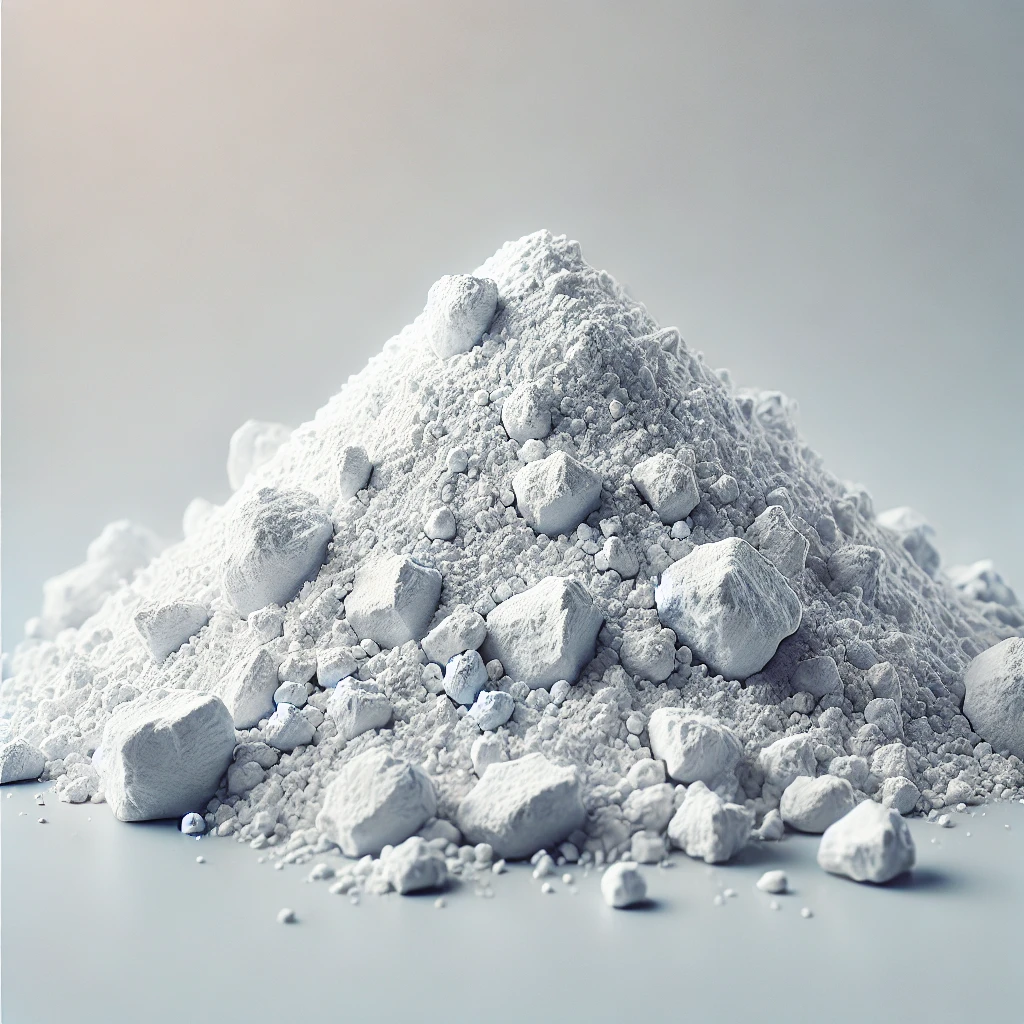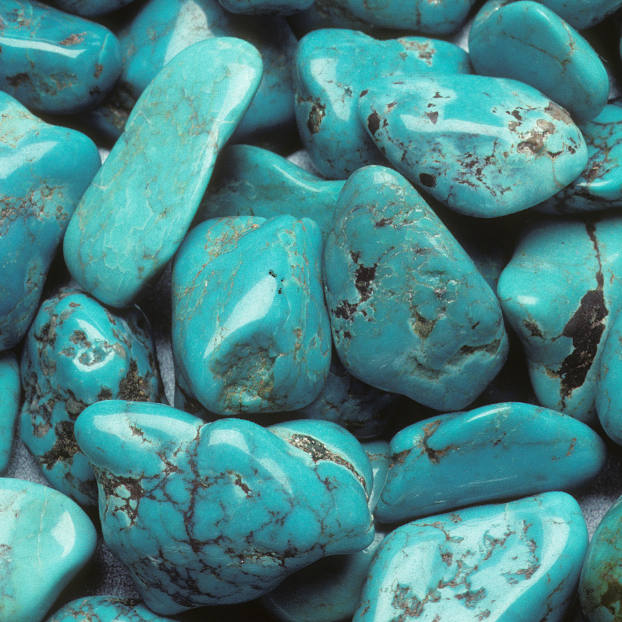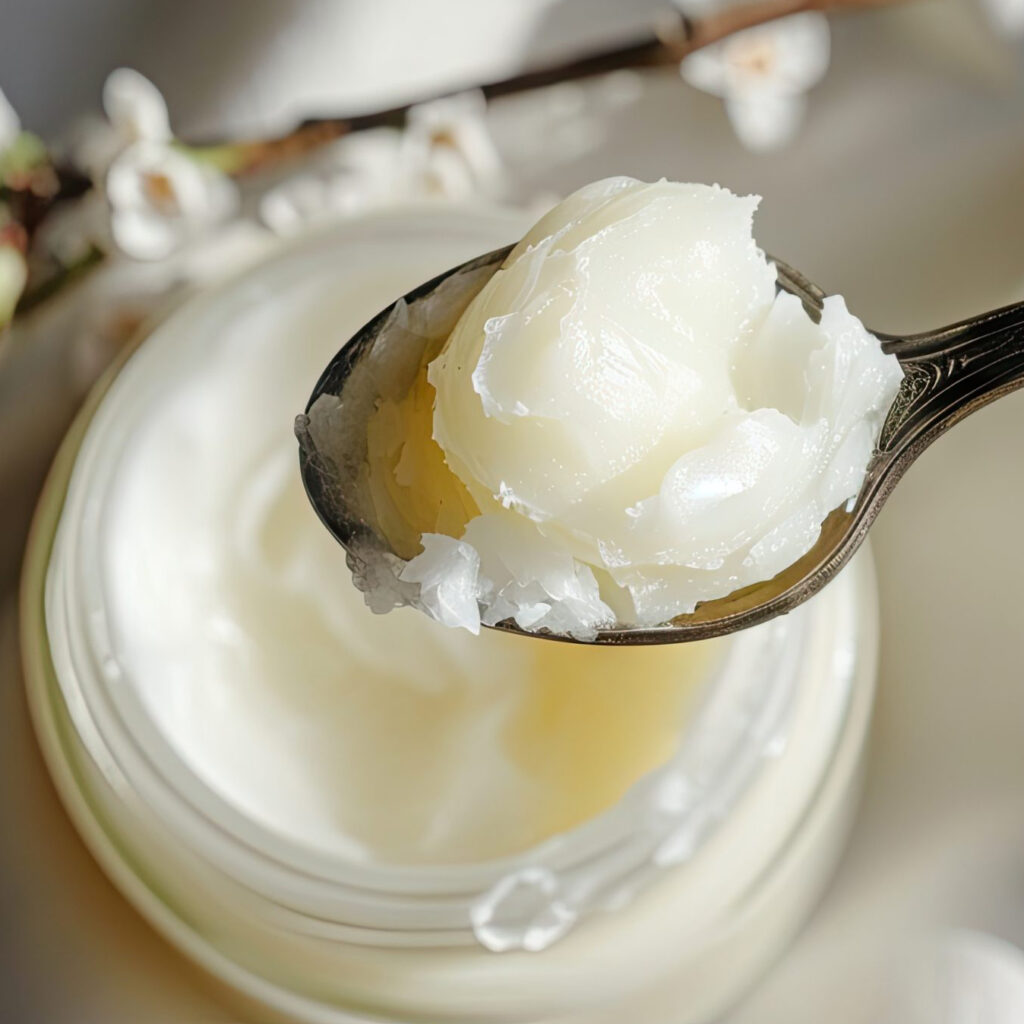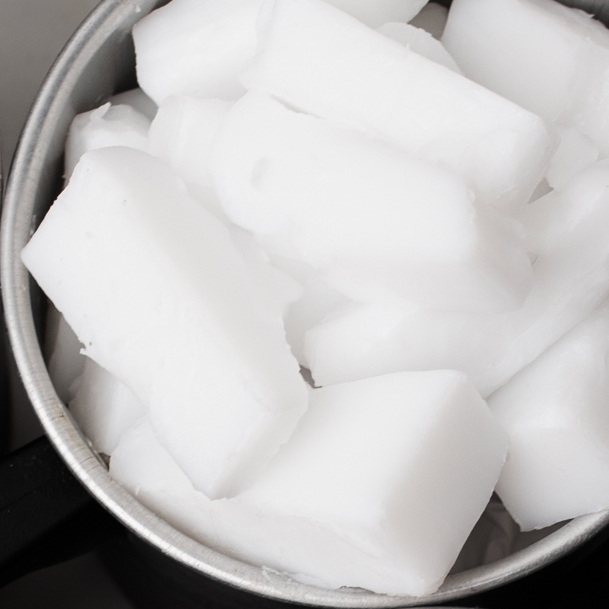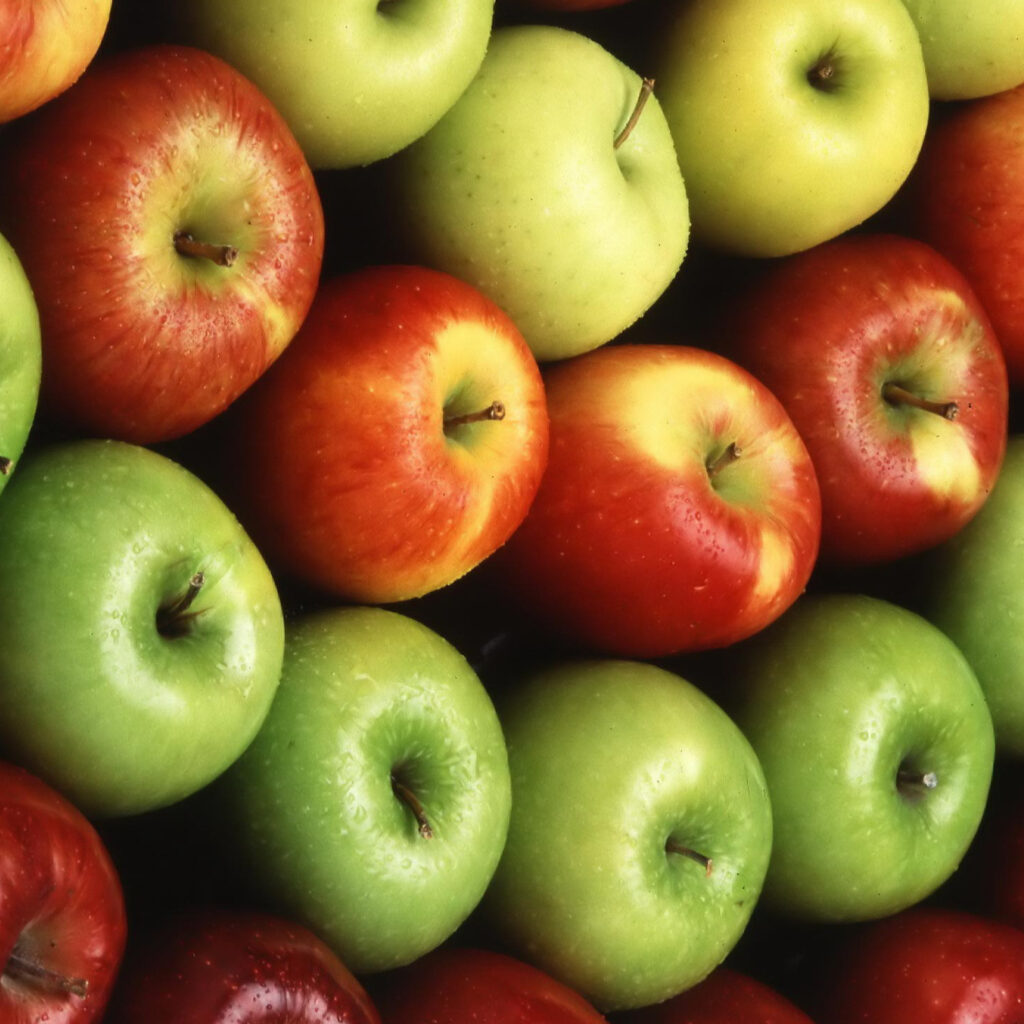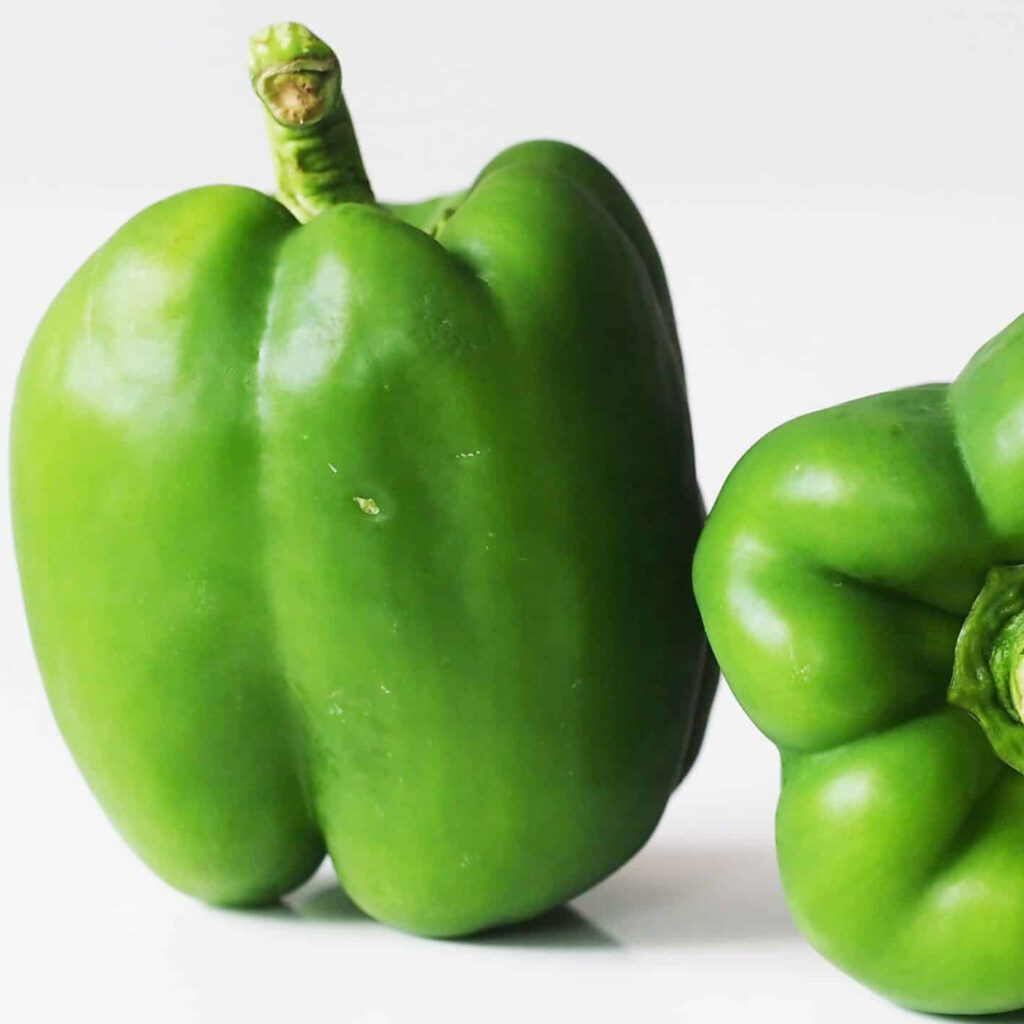Barberries, or Zereshk are small, tart, red berries commonly used in Middle Eastern and Central Asian cuisine, especially in Iranian (Persian) dishes. Barberries are known for their sharp, sour flavor and are often dried before use. In Iranian culture, Zereshk is a key ingredient in rice dishes like Zereshk Polo (rice with barberries and saffron).
Nutritional Content (per 100 grams of dried barberries):
- Calories: ~316 kcal
- Carbohydrates: 63 grams
- Fiber: 7-9 grams (excellent for digestive health)
- Protein: 4 grams
- Fat: 2 grams (very low)
- Vitamin C: High (important for immunity and skin health)
- Vitamin A
- Iron
- Potassium
- Magnesium
Health Benefits:
- Rich in Antioxidants: Barberries contain powerful antioxidants, particularly vitamin C and berberine, which may protect cells from damage and reduce inflammation.
- Digestive Health: The fiber in barberries aids digestion and can help with bowel regularity. Barberries have been traditionally used to treat digestive disorders.
- Heart Health: Berberine, a compound in barberries, has been studied for its potential to lower cholesterol, improve heart function, and regulate blood pressure.
- Antimicrobial and Anti-inflammatory: Barberries have natural antimicrobial properties, which can help fight infections and inflammation in the body.
- Blood Sugar Control: Berberine has been linked to improved insulin sensitivity, which may help manage blood sugar levels in people with diabetes.
- Skin Health: Barberries have been used in traditional medicine to treat skin conditions like acne, due to their anti-inflammatory and antibacterial properties.
Culinary Uses:
- Zereshk Polo: A famous Persian dish where dried barberries are fried with sugar and sometimes saffron, then mixed into steamed rice. It’s often served with chicken or lamb.
- Stews and Pilafs: Barberries add a burst of tanginess to dishes like Persian stews and pilafs.
- Salads and Garnishes: They are used in salads or as a garnish on various foods.
- Sweets: Occasionally used in pastries, cakes, and desserts for a sharp contrast to sweet flavors.
- Medicinal Teas: In some traditions, dried barberries are steeped in hot water to make herbal tea for digestive or immune support.
Flavor Profile:
Barberries are extremely tart and sour, much like cranberries but smaller and more intense. Their tanginess can balance out rich, fatty, or savory dishes, adding a refreshing flavor.


